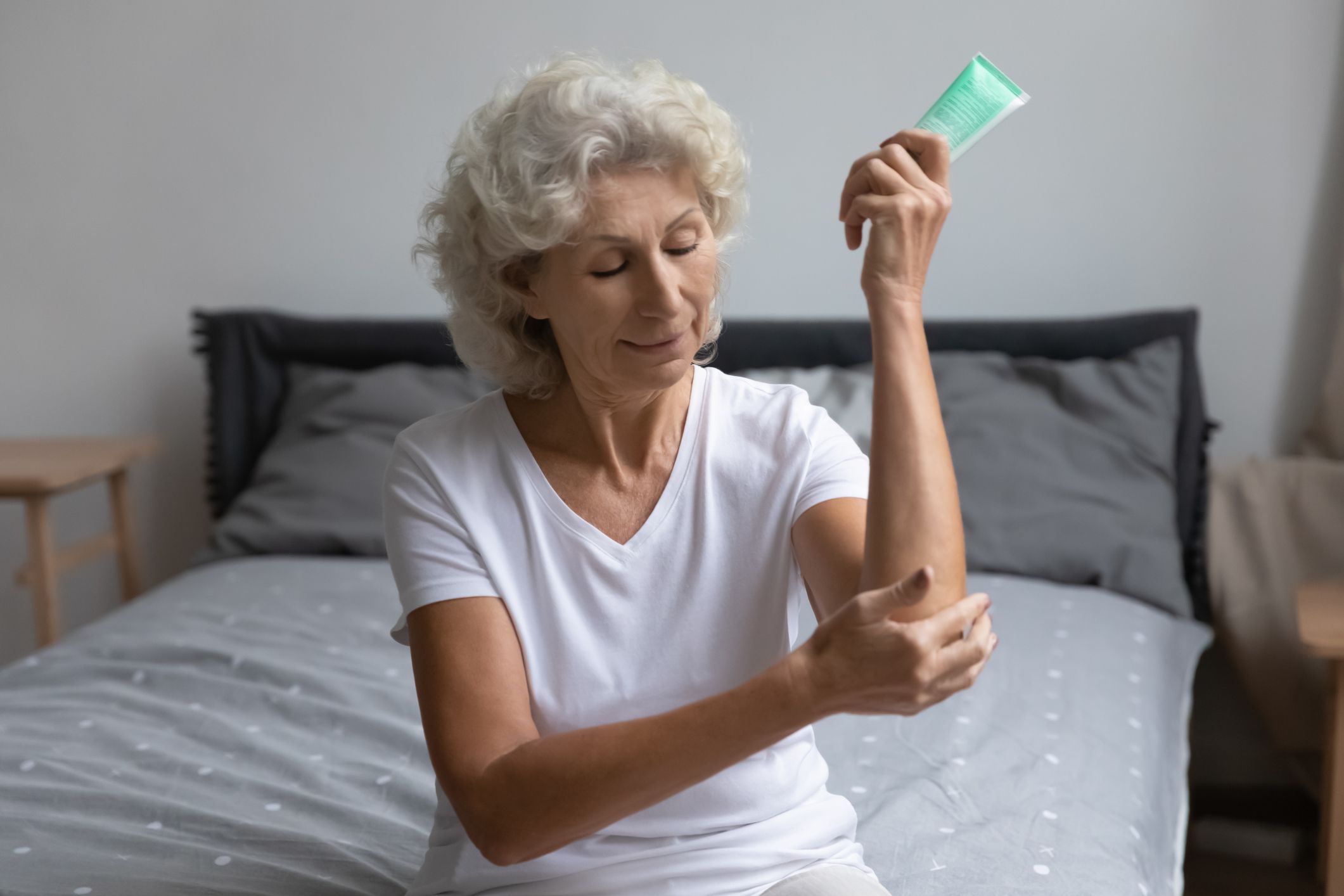It’s estimated that over 27 million adults and children in the United States have atopic dermatitis, the most common form of eczema. While not dangerous or contagious, the condition is incurable and uncomfortable, causing the skin to become dry, itchy, thickened and irritated.
Despite its prevalence, the root causes of atopic dermatitis remain a bit of a mystery. Medical experts know that both genetics and environmental factors play a role, but beyond that, the science gets a little vague. Fortunately, the factors that cause eczema to flare up are easier to spot. Identifying and avoiding these triggers is a key step in controlling atopic dermatitis.
Dermatologists recommend following these tips to help manage and prevent atopic dermatitis flare-ups:
- Limit your contact with irritants, including household cleaners, detergents, aftershaves, harsh soaps, gas, turpentine and other solvents.
- Wash your hands with lukewarm water and gentle soap, dry your hands gently—but completely—after washing, and apply moisturizer immediately afterward.
- If you're going to work around water or other irritants, wear vinyl or plastic gloves to protect your hands. Take occasional breaks to remove the gloves to avoid sweat buildup, and remove gloves if water gets inside.
- Wear gloves when you go outside during the winter. Cold air and low humidity can dry out skin, and dryness can make atopic dermatitis worse.
- Wear clothes made of soft cotton or a cotton blend. Wool and some synthetic fabrics can irritate skin.
- Use a small amount of mild soap in cool or warm water when showering or bathing, and keep baths or showers limited to 10 to 15 minutes. Soaking in the tub can help skin absorb water, making it less likely to dry out, and you can also try a colloidal oatmeal bath. Afterward, gently pat your skin dry with a soft towel and apply moisturizer.
- Use prescription creams or ointments or over-the-counter versions right after bathing when eczema flares up. If the area becomes infected, your healthcare provider (HCP) will prescribe an antibiotic. Other treatments may include antihistamines, tar treatments or topical steroids, and ultraviolet light therapy. Always use treatment as directed by your healthcare provider.
- Use a skin moisturizer daily to keep your skin soft and flexible, and to avoid skin becoming cracked. Avoid moisturizers with fragrances and extra ingredients, which can irritate the skin. It’s also a good idea to keep a small tube of moisturizer with you, to avoid having to use another product that may contain ingredients that aggravate your skin.
- Avoid scratching or rubbing itchy areas. Scratching can break the skin, which can encourage bacteria and cause infections. Reach for a cold compress when you get the urge to scratch.
- Avoid getting too hot and sweaty.
- Use laundry detergents for sensitive skin. Rinse your clothes twice after washing, and always wash new clothes before wearing them. This process will remove any laundry detergent, fragrances or fabric conditioners that could irritate skin.
- Learn how to manage stress, which can cause atopic dermatitis flare-ups.
- Continue skin care even after your skin has healed. The area that was affected may get irritated again rather easily. Ask your HCP how long you should use prescription products, since some prescriptions are not designed for long-term use.



